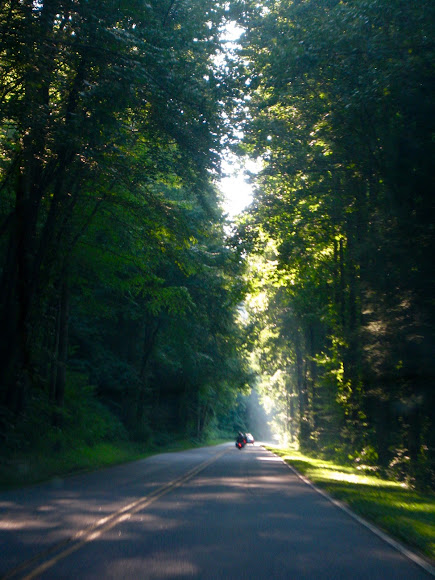Sin (“psst . . . you mustn’t say that word outloud”)
 |
| Another day, another sketch |
I have, as you know if you’ve read previous posts, been pondering Acedia. The noon-demon of spiritual torpor. It is a kissing cousin to many of the seven deadly sins.
There. I stepped in it. I wrote the word, sins. How quaint, how embarrassing. But above all, how judgemental. Sin evokes puritanical disapproval, punishment deserved and rightfully meted out. It’s right up there with the rantings of demon possession and self-flagellation. Surely, we’re beyond such ignorance.
Yet, I would argue that without a deep understanding of sin, we forgo an understanding of wrong. And if we acknowledge no wrong on our collective or individual part, we have lost our way, because without wrong we lose right. Without sin we lose hope for transformation into something better. If millenniums of murder, greed, hatred, and disastrous tribalism are just one big misunderstanding, then we are stuck in a spiral of our own self-justification.
Kathleen Norris writes,
“The concept of sin does not exist so that people who may need therapy more than theology can be convinced that they are evil and beyond hope. It is meant to encourage people to believe that they are made in the image of God and to act accordingly. Hope is at the heart of it, and the ever-present possibility of transformation.
I read recently a simple statement that I have been thinking on: To become fully human we must recognize two truths; 1) the difference between right and wrong, and 2) that in all the big important things, right will almost always be the harder to do.
Of course, that’s where acedia rears its head. The will to do right, to divide right from wrong is dulled. In the throes of acedia we exist in the spiritual plane of “I don’t care anymore.”
It is the sin of sloth and like all sins it is a lack of virtue—in this case, caring—rather than an active pursuit of evil. Yet, that lack has surely done more to advance evil than all the ever-present Hitlers and Trumps throughout our bloody history.
The will to do what is right in the face of peer pressure—and do not think for one second that peer pressure is solely the purview of children and teens; I believe we adults are the biggest cowards of all in terms of going against the grain—and greed, and grudges small and large, and self-preservation is often lacking in my life and in our collective lives.
I will end with an unlikely ally, at least in part. Nietzsche is famous for his theory of the will to power. The power he champions is the will to autonomy, to be fully ourselves even at the expense or displeasure of others. Yet, he describes Jesus, that great motivator of selflessness, as the only true Christian. His point, as I understand it, is that Jesus was not an imitator of right or God (another topic, another day) or of anything but himself. Jesus was fully himself. Jesus was perfect in the sense of being complete in himself and Nietzsche saw that as the greatest good.
I think Nietzsche was on to something in that the will to be fully ourselves is the greatest good, and it is our weak wills that thwart us, but his theory rests on a view of no-God, and of an individual’s autonomy as an end to itself. The individual’s instinct to survive and the will to power necessary to attain that individual survival—at any cost to others—is paramount, he thought.
Jesus on the other hand went another direction. According to Jesus the power to will ourselves as autonomous beings, fully ourselves, only works in the context of service and relationship to others. In placing the good of our neighbor before ourselves we become, he said, more ourselves. Flannery O’Connor’s great statement: “The life you save may be your own,” captures the position.
Oh dear! I have wandered a ways from sin and I would like to return to it and it’s collaboration with a lack of will, but I fear this post is getting long and unwieldy. Enough for now.
See you soon.



Comments
Post a Comment